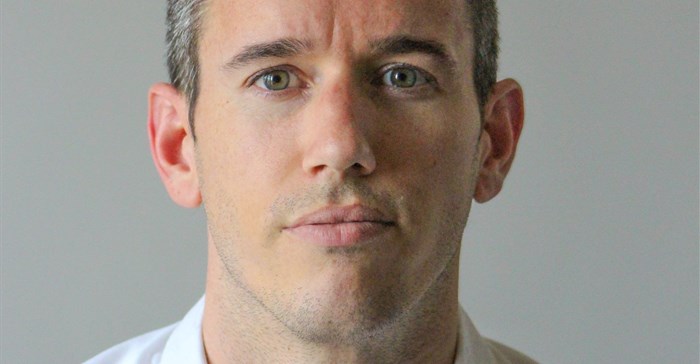There were a a number of significant developments in the local energy space in 2020 and, while this sector generally tends to shift relatively slowly, 2021 is likely to bring with it some of the most progressive changes in South Africa's energy arena.

Tygue Theron, head of business development, Energy Partners Intelligence
Exciting developments included South Africa’s ongoing decarbonisation efforts, decentralisation, the growth of energy as a service (EaaS), and the decline in renewable energy prices – all of which set the foundation for the coming year.
Despite the challenges of 2020, South Africa’s decommissioning of coal and roll-out of green energy continued, with the country still on track to have at least 11GW of coal power decommissioned by 2030, as part of the Integrated Resource Plan 2019.
Cost cutting and efficiency
Added to this, government’s support for municipalities that aim to generate their own power has been gradually increasing. Mirroring this, in the private sector demand-side management and EaaS saw increased uptake, as businesses looked to cut costs and become more efficient. This was undoubtedly helped by the falling costs of both renewable energy and storage technology - especially in the accelerating solar energy sector – at least, in comparison to increasing grid tariffs.
South Africa’s electricity demand significantly dropped during the Covid-19 lockdown. Specifically in March and April, we saw an estimated 30% reduction in energy demand, which meant very few incidents of load shedding – even though these are historically the months with some of the highest demand. Most of our clients - even those in the healthcare sector – experienced this drop in consumption. Even now, some clients, like those in retail, are running at around 8% lower loads, presumably due to a slow ramp-up resulting from Covid-19. For residential clients, on the other hand, consumption has seen a marked increase from previous years.
Renewables gain momentum
Looking to the future, grid tariffs are very likely to continue spiralling out of control. There is every indication that the sharp upward trend that we have seen in Eskom’s tariffs over the last eight years will continue perhaps only getting worse.
Eskom commitment to the vertical separation of the organisation (into generation, distribution and transmission businesses) may see some positive changes. However, especially in light of the comments made by the state-owned utility around cost-reflective tariffs, electricity from the national grid will continue to burden businesses and consumers.
Due to these factors, renewables and EaaS will continue to gain momentum in 2021 and beyond. With the rise of sustainable energy in mind, other components of the energy sector also saw some developments. For one, steam generation is seeing a drive towards green technologies. Even though the costs associated with replacing fossil fuels with alternatives, such as bio-diesel, is still prohibitively expensive, we are now seeing corporates willing to pay a premium for the green ticket. At the same time, state-of-the-art refrigeration solutions - that utilise natural refrigerants such as ammonia – are seeing increased uptake as a result of not only green initiatives, but also the impact of carbon tax and energy cost reductions these solutions offer.
But to see real improvement in the energy sector in 2021, more will need to be done on the regulatory front. The regulations around private generation have been slow to change so far, and government will have to start doing more than just talking. Decisions will also need to be made around curbing the tariff increases, as South Africa’s biggest energy users are also some of the biggest contributors to the country’s GDP.
New technologies
The opportunities for new solutions such as green hydrogen technology is limited locally. Hydrogen is making waves in Europe and has massive potential for the world as the most abundant fuel on the planet which can store large amounts of energy. However, it requires substantial accompanying infrastructure that South Africa cannot afford, maintain, or operate.
On the other hand, something like microgrid technology has much more opportunity to make a difference on the continent. There is a lot of interest to bring solutions to developing parts of Africa and provide power to industries that may be located far from grid power, with the supporting technology growing by leaps and bounds in recent years.








































